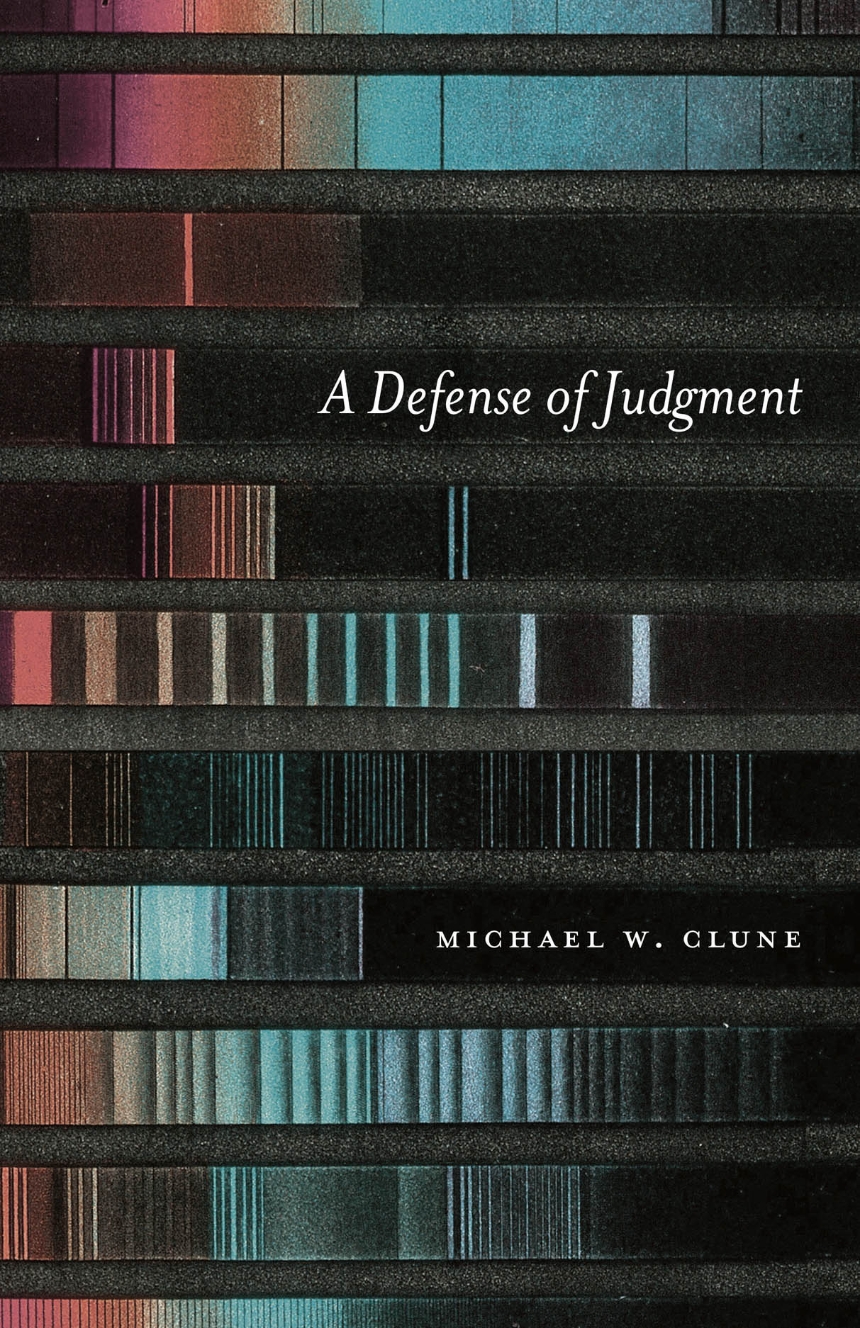Linguistik der Eigennamen
Eigennamen genießen im Sprachsystem einen Sonderstatus, dem erst in den letzten Jahren verstärkte Aufmerksamkeit zukam. Personennamen stehen an der Spitze der Belebtheitshierarchie, müssen als spezielle, rein identifizierende Sprachzeichen erkennbar sein und bedürfen besonderer Schonung ihres Wortkörpers. Abweichungen vom ‚Normalwortschatz‘ betreffen alle sprachlichen Ebenen und werden (im Deutschen) diachron ausgebaut. Die Beiträge beleuchten datenbasiert (syn- und diachron) onymische Sonderwege in den verschiedenen Bereichen der Grammatik. Das Spektrum reicht von der Phonologie bis zur Pragmatik. Im Fokus stehen u.a. Prozesse der (De-)Onymisierung, der onymischen (De-)Flexion, kreative Wortbildungen sowie soziopragmatische Steuerungen von Genus und Definitartikel. Der nun vorliegende Band richtet sich an das linguistische Fachpublikum, an Lehrende und Studierende. Er bündelt die aktuellsten Forschungsergebnisse und versteht sich als Impuls zur weiteren Erforschung des Spannungsfeldes zwischen Onymik und Appellativik.
zum Buch im ULB-Katalog
zum Buch auf der Verlags-Website
A Defense of Judgment
 Teachers of literature make judgments about value. They tell their students which works are powerful, beautiful, surprising, strange, or insightful—and thus, which are more worthy of time and attention than others. Yet the field of literary studies has largely disavowed judgments of artistic value on the grounds that they are inevitably rooted in prejudice or entangled in problems of social status. For several decades now, professors have called their work value-neutral, simply a means for students to gain cultural, political, or historical knowledge.
Teachers of literature make judgments about value. They tell their students which works are powerful, beautiful, surprising, strange, or insightful—and thus, which are more worthy of time and attention than others. Yet the field of literary studies has largely disavowed judgments of artistic value on the grounds that they are inevitably rooted in prejudice or entangled in problems of social status. For several decades now, professors have called their work value-neutral, simply a means for students to gain cultural, political, or historical knowledge.
Michael W. Clune’s provocative book challenges these objections to judgment and offers a positive account of literary studies as an institution of aesthetic education. It is impossible, Clune argues, to separate judgments about literary value from the practices of interpretation and analysis that constitute any viable model of literary expertise. Clune envisions a progressive politics freed from the strictures of dogmatic equality and enlivened by education in aesthetic judgment, transcending consumer culture and market preferences. Drawing on psychological and philosophical theories of knowledge and perception, Clune advocates for the cultivation of what John Keats called “negative capability,” the capacity to place existing criteria in doubt and to discover new concepts and new values in artworks. Moving from theory to practice, Clune takes up works by Keats, Emily Dickinson, Gwendolyn Brooks, Samuel Beckett, and Thomas Bernhard, showing how close reading—the profession’s traditional key skill—harnesses judgment to open new modes of perception.
zum Buch im ULB-Katalog
zum Buch auf der Verlags-Website
Weitere Titel können Sie in unseren Neuerwerbungslisten für die Sprach- und Literaturwissenschaften allgemein entdecken!
